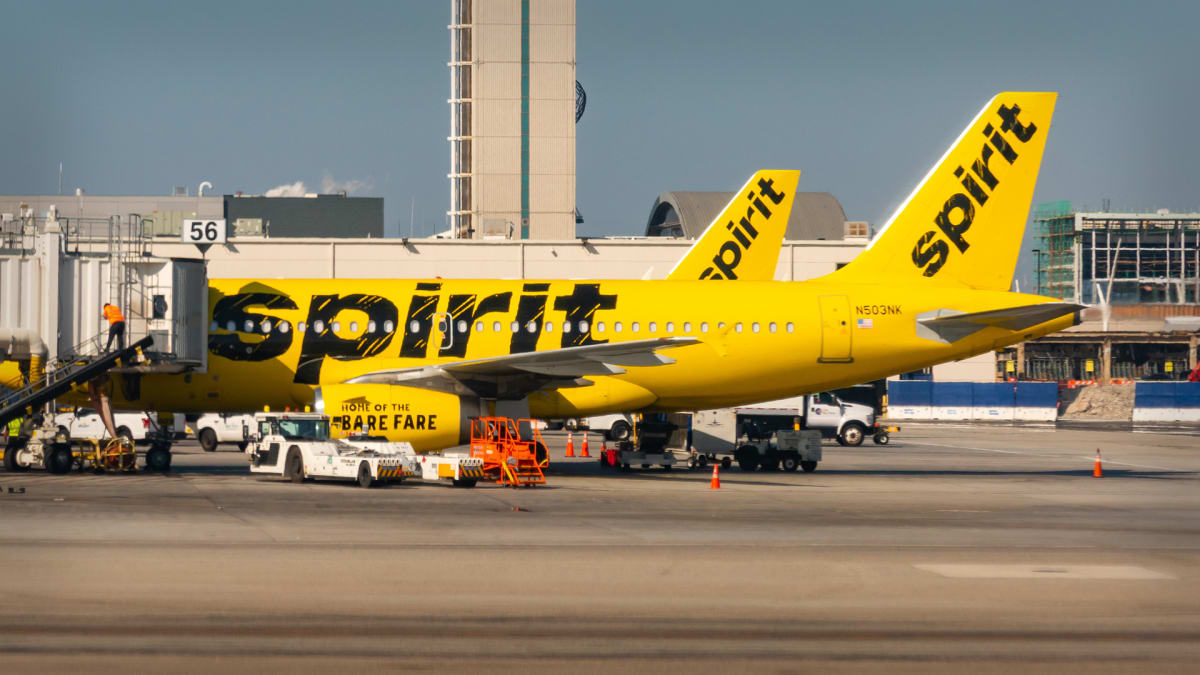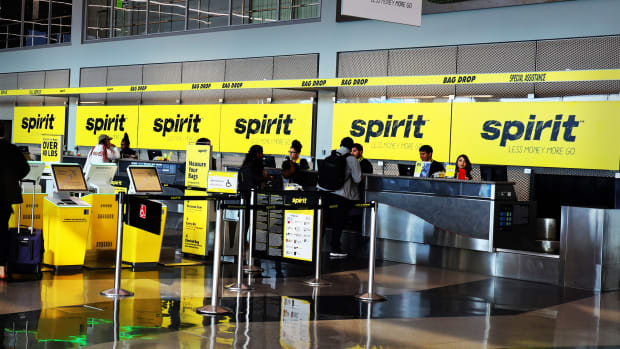
Airline seats -- at least the coach or economy seats most people fly in -- lack most basic comforts.
Some airlines offer more comfortable seats than others. Southwest Airlines' (LUV) newest seats are much better than the ones on its older planes, for example. But you're still sitting in a small and narrow seat for hours at a time.
Nobody, except those who work to maximize revenue for airlines, would configure seats packed the way they are in the economy cabins of the mass-market airlines.
How close your seat is to the one in front of it varies a little by airline. The term for this is seat pitch, which is the distance between rows of seats. Seat pitch doesn't measure legroom; it's how much space is between two seats when they are in the same position.
DON'T MISS: Airlines Now Have to Deal With An Entirely New Kind Of Problem
Skytrax keeps track of seat-pitch numbers for dozens of airlines (the variances reflect the fact that most airlines fly more than one plane configuration):
- American Airlines (AAL): 31-32 inches
- Delta Air Lines (DAL): 32 inches
- Frontier Airlines (ULCC): 33 inches
- JetBlue Airlines: 32 inches
- Southwest Airlines: 32 Inches
- Spirit Airlines 28 inches
Frontier, oddly enough, leads the way, while most other airlines are pretty similar. JetBlue (JBLU) and Southwest (LUV) are very similar when it comes to pricing and they both offer 32 inches of seat pitch.
Spirit Airlines (SAVE) places its seats much closer together than any other airline. That's because the budget carrier wants to pack as many people onto its planes as possible. But while its seats are close together, the airline has ensured that the person in front of you can't encroach on your limited amount of personal space.
That's because the airline does not allow people to recline their seats. The button simply isn't there and that's a move every major airline should follow.

Image source: Shutterstock
Why Did Spirit Get Rid of Reclining?
Spirit did not get rid of reclining seats to end the debate over whether/when it's appropriate to recline. It followed Allegiant in making the move for a few key reasons.
"Allegiant (ALGT) was the first to convert to stationary seats in 2006; Spirit followed in 2009," Slate reported.
"The business reasons behind the decision are straightforward. First, nonreclining seats are simpler to construct and far less likely to break and be taken out of service, leading to costly repairs and lost revenues on that seat.
"Second, taking the recline mechanism out of seats makes them lighter and allows the plane to carry additional weight in passengers and spend less on fuel."
That business move, coldly calculated as it is, leads to a better experience for customers. Airline seats that recline don't recline enough to make trying to sleep on a plane meaningfully easier. But they do recline enough to prevent the person sitting behind a recliner from opening their laptop.
Reclining on Planes Has Long Been a Debate
Most people on overnight flights stick to an unofficial code that it's okay to recline once it's fully dark outside. Not everyone sticks to that rule, however. And that can anger passengers who planned to work, watch a movie, or play a game on their computers but aren't able to fully open their screens because the person in front of them went into full recline once the plane took off.
People should not be given a choice to add to their comfort at the expense of someone else's.
Spirit and Allegiant made this change to save money, but every other airline should follow because it's simply better for passengers. It would democratize coach and give customers another reason to upgrade to business or first class.
Yes, this would be the airlines taking something away, but choosing to take someone else's space on a plane was always a selfish choice. And since you can't count on people to ask permission from the person behind them or force someone not to recline so someone else can use their laptop, removing the choice solves the problem.
Get investment guidance from trusted portfolio managers without the management fees. Sign up for Action Alerts PLUS now.







